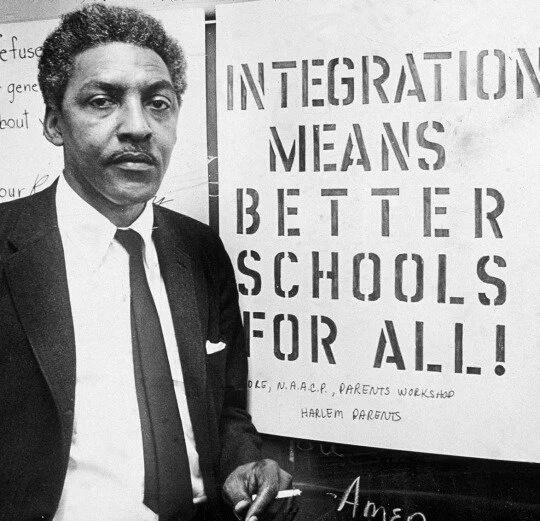Black History Month: Black History You Didn’t Learn In School

February 26, 2016
The month of February is known for a numerous amount of holidays like Valentine’s Day, Presidents’ Weekend in the U.S., having a 29th day every four years, among other things. Perhaps the subject that it is least recognized for is Black History Month.
Well what is Black History Month?
It is an annual celebration of achievements done by black Americans, to recognize their central role in U.S. history.
Black History Month, or National African American History Month, was originally named as “Negro History Week,” which was created in 1926 by Carter G. Woodson, a noted African American historian, scholar, educator, and publisher. It didn’t become a month-long celebration until 1976. The month of February was chosen to coincide with the birthdays of Frederick Douglass and Abraham Lincoln.
Many have criticized the purpose of designating one month to the history of one race, black celebrities such as actor and director Morgan Freeman and actress Stacey Dash. Freeman spoke out on the topic by saying:
“I don’t want a black history month. Black history is American history.”
Morgan Freeman has also argued that there is no White History Month, because white people did not want their history relegated to just a single month.
In school, Black history is included into the education system, but still fails to represent black historical figures as anything other than slaves or colonial subjects, even reducing complex historical figures to overly simplified objects of hero worship. African-Americans hardly ever get acknowledged for their hard work to end slavery and segregation within their communities.
When slavery was abolished, Blacks got nothing, while SLAVE OWNERS were paid $300 per slave, which is equal to $4,576 now.

Meet CLAUDETTE COLVIN, who refused to give up her bus seat 9 months before Rosa Parks. Claudette, a 15-year-old girl, refused to give up her seat in the same city & same bus system as Rosa Parks. Rosa Parks was chosen as a face for the movement over Claudette not only because she was a teenager and pregnant, Parks was chosen over Claudette because she had a lighter skin tone and her hair was “more associated with the middle class.”

MEET BAYARD RUSTIN a huge contributor to the Civil Rights and the Gay Rights movements. He worked with Martin Luther King Jr. and helped organize the 1963 March, but hardly anyone knows about him because no one wanted a man as part of the face of a movement who, aside from being black, was also gay.
There was a LOT of sexism, colorism, classism, and homophobia within the Civil Rights movement. It wasn’t just racism that was involved like everyone thinks. In present time, activists are pushing to have this information known so it is prevented from happening within current/future movements.
Slavery in America was sustained through reproduction NOT through importation of slaves from Africa. This was done through forced “breeding” between slaves by owners, in other words, owners would rape their slaves. Slaves were property and not humans so it wasn’t illegal for an owner OR slave to rape a black woman.
Slavery in America is the only type of slavery that made slave status hereditary. Slave owners would give their children their slaves, and the slave’s future children in their will.
The education system fails to mention Daniel Hale, the first black man to perform a successful open-heart surgery, actually being the first person to do so.
Frontiersman and trapper Jim Beckworth is not mentioned on any page in any of the history books next to Daniel Boone.
Thousands of black soldiers who have spared their lives for the freedom of this country aren’t found anywhere in our nation’s record. Perhaps the writers didn’t find value in mentioning them.
Currently, our nation has a black president, Barack Obama. There is no possible way he can be excluded from our nation’s history. He helped the country get out of the greatest recession since the 1929 stock market crash and has lessened the unemployment rate to 4.9 percent, according to the Bureau of Labor Statistics, which is even less than when Ronald Reagan was in office.
The importance of mentioning African Americans in our U.S. history is crucial to our education system. There is already lack of representation in the music and film industry as is, so adding it to our education system would be a huge step towards more diversity.